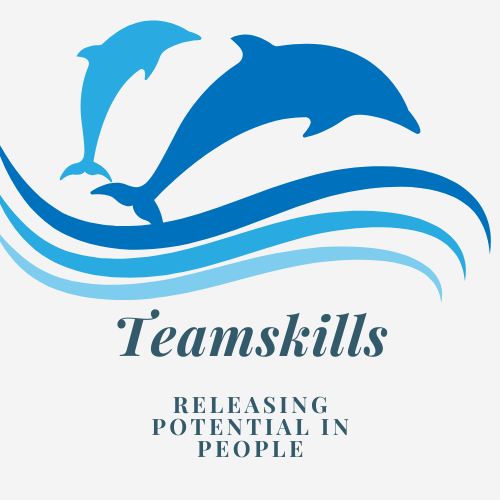What value do organizations place on trust with customers and employees?
How much are they and you willing to pay for trust? Ever wonder who trusts you?
Part 1 of this article introduces the concept that trust is not an airy fairy, nice to have bit of behaviour but a hard nosed concrete consequence that costs us time and money when we don’t have it; but pays enormous dividends and time when we do.
At a time when we seem to be economically strapped and we’re looking for all kinds of techniques and tricks to save us money, trust holds an inexpensive key to enormous dividends beyond our wildest hopes!
You can measure the cost of trust
The loss of trust costs money – huge amounts – as well as running relationships and lives.
Recently the presence of horsemeat (29%) in value beef burgers has seen 1% or roughly £300 million wiped off the value of Tesco.
Even though most beef burgers have never contained 100% beef the general public have assumed it has and the loss of faith and trust has caused a furore.
In truth, Tesco are not the only supermarket to be involved in this scandal.
Similarly Cadbury in 2007 were severely affected by the recall of over 1 million chocolate bars suspected of having been contaminated by salmonella, costing the company an estimated £20 million.
On an international and national scale we pay the price for suspicion and lack of trust.
Between 1945-96 the average annual expenditure on developing
and maintaining the US nuclear arsenal was US$ 3.6 billion (1996 prices).
Cumulatively this has cost the US taxpayer more than US$ 5.5 trillion dollars.
On the other end of the trust divide, the study shows that as a result of restrictions on nuclear forces agreed to in START talks, the United States accrued savings of roughly US$ 1.52 billion over the period 1991-2001.
You don’t have to go global
One thing that is common to all of us, every individual, relationship,
team, family, organization, nation, economy – the one thing which, ‘if removed, destroys the most powerful government, the most successful business, the most thriving economy, the most influential leadership, the greatest friendship, the strongest character, the deepest love – is trust. (Stephen Covey, The Speed of Trust)
On the other hand, trust if developed and given genuine expression has the
potential to create unparalleled success and prosperity in every  dimension
dimension
of your life.
How quickly would you get things done if you knew you could rely on others to do what they say they are going to do: to phone you back, to deliver on price, at the right time and quality, to make a decision and stand by it, to give you information you knew was the truth and not what someone thought you wanted to hear or what best suited them?
Low trust causes all sorts of problems
Low trust causes all sorts of problems. It creates:
• hidden agendas
• friction
• interpersonal conflict
• back stabbing
• politics with a small and large “p”
• silos within companies and teams
• win –lose thinking
• defensive and protective communication all at a personal and organisational cost.
Low trust is like living in a in a quagmire where everything slows down, decisions take longer, communication and personal relationships are unsatisfactory, brittle and fraught.
On the other hand, when you have trust, things happen quickly. There is reliability consistency, openness, honesty; creativity is unleashed and results become the hall mark of your endeavours; costs are reduced, profitability increases, customers are loyal and become the ambassadors or marketers of your products and services.
As Stephen R Covey says in his seminal book, The Speed of Trust, “nothing is as fast as the speed of trust. Contrary to popular belief trust is something you can do something about. In fact, you can get god at creating it”.
Don’t take my word, use your own experience and let it be your guide:
Identify a person with whom you have a high trust relationship:
• What is it like to work with this person?
• What is it like to communicate with them?
• How long does it take to get things done?
• What kind of results are you able to achieve?
Now identify a person with whom you have a low trust, or an absence of trust relationship with them?
Ask yourself the very same questions as above and experience the qualitative and quantitive difference?
To achieve the benefits of trust you need first to be trustworthy and then know how to build and extend trust with others. In the next part of the blog we give a number of tips on how to do be trust worthy and build trust from others.
Speak to us Conrad or Suzanne Potts about our Trust programmes which have the potential of transforming business and personal life.
Contact us at www.teamskills.co.uk or telephone +44 (0)1903 778977






